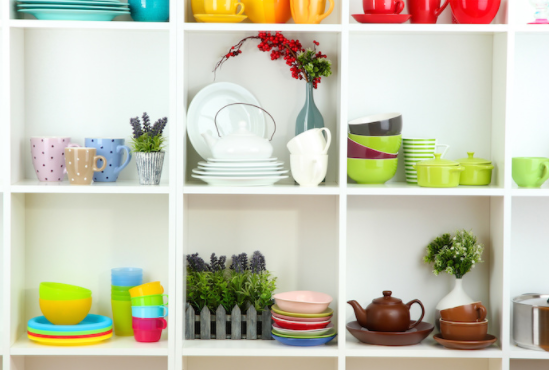This is the third blog in our series of dispelling the horror stories of property letting and this time we’re looking at how best landlords can safeguard against something ‘going wrong’ in their property.
Follow the legislation – firstly, make sure the installations in the property are adequate and operational. We’re ‘lucky’ in Scotland that most of the legislation is specific about what is required of landlords. Without turning this blog into a novel, here’s a quick overview of what’s required;
- Annual gas safety certificate (and boiler service) – if gas in the property
- CO alarm (battery powered is fine, located next to each gas appliance/boiler) – if gas in the property
- 5 yearly Electrical Installation Condition Report (EICR)
- Annual Portable Appliance Test (PAT – if appliances are provided by the landlord)
- Hard-wired, interlinked fire detection system. In a standard property you’ll need a heat detector in the kitchen and smoke alarms in the hallway and living room – check the guidelines as this may vary if property is split over several floors or is a large footprint.
- Legionella Risk Assessment (this needs to be provided to tenants when they move in along with the other safety certificates)
- Wall mounted fire blanket in the kitchen (recommended)
Generally, the items above will provide adequate “reasonable steps” to make sure the property is safe. HMO properties (House of Multiple Occupants i.e. where there are 3 or more unrelated people living there) must satisfy a number of other criteria such as door closers, thicker fire-resistant doors and emergency lighting.
Keep on top of maintenance – A nightmare situation may be avoided by keeping on top of maintenance and dealing with small problems before they become big ones. Make sure bath/shower seals and grouting are renewed regularly to avoid deterioration and water seeping through to the walls, floors or the flat below. A small spend on upkeep can avoid a much larger spend on replacing floorboards, re-plastering and redecoration and could avoid disastrous situations such as water leaking into electrical systems in neighbouring properties or downstairs ceilings falling in. The same advice goes for keeping an eye on toilet cisterns, sink pipework and washing machine and dishwasher plumbing; the vibrations from these appliances can cause them to shake themselves out of their piping over time.
Landlord insurance – A landlord-specific insurance policy will cover the landlord to a higher degree than a normal home owner’s insurance policy, in case something does go wrong in the property. Typically landlord insurance policies will cover things like; loss of rent if property is damaged by fire or flood, tenant rehousing expenses, malicious damage, landlords furnishings and accidental damage (if contents insurance included) and public liability insurance (covering legal costs and expenses if a tenant has an accident at the property and considers the landlord liable). These policies don’t cost much more but provide landlords with the additional security in case things go wrong.
Emergency Contacts – Landlords should have emergency contacts saved so that they can respond quickly to emergencies. Good relationships with good contractors will help landlords respond quickly at short notice.
In summary, landlords should be well organised; fulfilling all legal obligations, keeping on top of maintenance issues, have a good network of contractors and be adequately insured to make sure they’re prepared to deal with any bad situations quickly when they arise.
